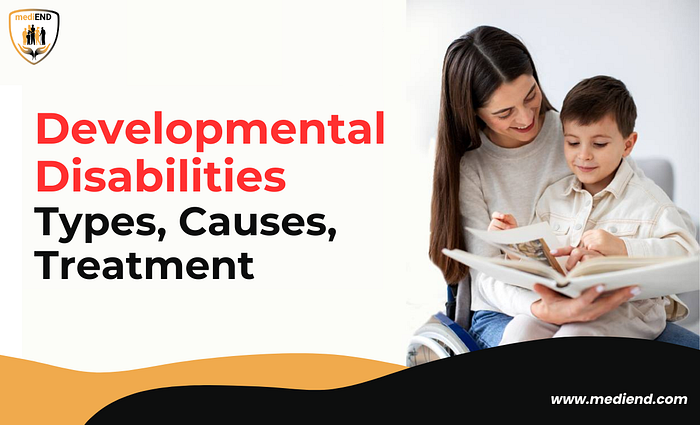Developmental Disabilities Types, Causes, Treatments
Introduction to Developmental Disabilities
Developmental disabilities encompass a wide range of conditions that affect cognitive, physical, communication, and social abilities. Understanding these disabilities is crucial for providing appropriate support and resources to affected individuals and their families.
Developmental disabilities are a group of lifelong conditions that affect an individual’s cognitive, physical, and emotional abilities. These disabilities can significantly impact an individual’s daily life, making it difficult to learn, communicate, and carry out daily tasks independently.
According to the Centers for Disease Control and Prevention, around 15% of children aged 3 to 17 in the United States have one or more developmental disabilities. These disabilities can range from mild to severe and can include intellectual disabilities, autism spectrum disorder, and cerebral palsy.
Types of Developmental Disabilities
- Intellectual Disabilities Intellectual disabilities involve limitations in intellectual functioning and adaptive behaviors. These can range from mild to severe and often manifest during childhood.
- Autism Spectrum Disorder (ASD) ASD is a neurodevelopmental disorder characterized by challenges in social interaction, communication, and repetitive behaviors. It varies widely in severity and symptoms.
- Attention Deficit Hyperactivity Disorder (ADHD) ADHD is a common neurodevelopmental disorder that affects individuals’ ability to focus, control impulses, and regulate energy levels.
- Cerebral Palsy Cerebral palsy is a group of disorders that affect movement and muscle tone, often caused by damage to the developing brain before, during, or shortly after birth.
- Down Syndrome Down syndrome is a genetic disorder caused by the presence of an extra chromosome 21. It leads to intellectual disabilities and distinctive physical features.
- Specific Learning Disabilities These disabilities affect the acquisition and use of listening, speaking, reading, writing, reasoning, or mathematical abilities. Dyslexia and dyscalculia are common examples.

Causes of Developmental Disabilities
Developmental disabilities can result from various factors, including:
- Genetic Factors: Inherited genetic conditions or chromosomal abnormalities.
- Environmental Factors: Exposure to toxins, infections, or maternal substance abuse during pregnancy.
- Complications During Pregnancy and Childbirth: Premature birth, low birth weight, or lack of oxygen during delivery can lead to developmental issues.
Treatment For Language And Speech Disorders In Children
Diagnosis and Screening
Early detection and intervention are essential for managing developmental disabilities. Screening tools and diagnostic assessments help identify issues as early as possible, allowing for timely interventions.
Treatment Options
- Early Intervention Programs These programs provide specialized services to infants and toddlers with developmental delays or disabilities, focusing on improving developmental outcomes.
- Therapy and Interventions Speech therapy, occupational therapy, and behavioral therapy can help individuals with developmental disabilities improve communication, motor skills, and social interactions.
- Medication In some cases, medication may be prescribed to manage symptoms associated with certain developmental disorders, such as ADHD or mood disorders.
Support and Resources
Support groups, community services, and advocacy organizations play a crucial role in providing assistance, information, and emotional support to individuals with developmental disabilities and their families.
Challenges and Stigmas
Despite advancements in understanding and awareness, individuals with developmental disabilities still face stigma and societal misconceptions. Addressing these issues is essential for promoting inclusivity and equality.
Impact on Families
Families of individuals with developmental disabilities often face significant emotional, financial, and logistical challenges. However, with access to resources and support networks, they can navigate these challenges more effectively.
Education and Inclusion
Inclusive education ensures that individuals with developmental disabilities have access to appropriate educational opportunities and support services, fostering their academic and social development.
Conclusion
Developmental disabilities pose unique challenges, but with early intervention, support, and inclusive practices, individuals with these conditions can lead fulfilling lives. By raising awareness, challenging stigmas, and advocating for equal opportunities, we can create a more inclusive society for all.
Comments
Post a Comment